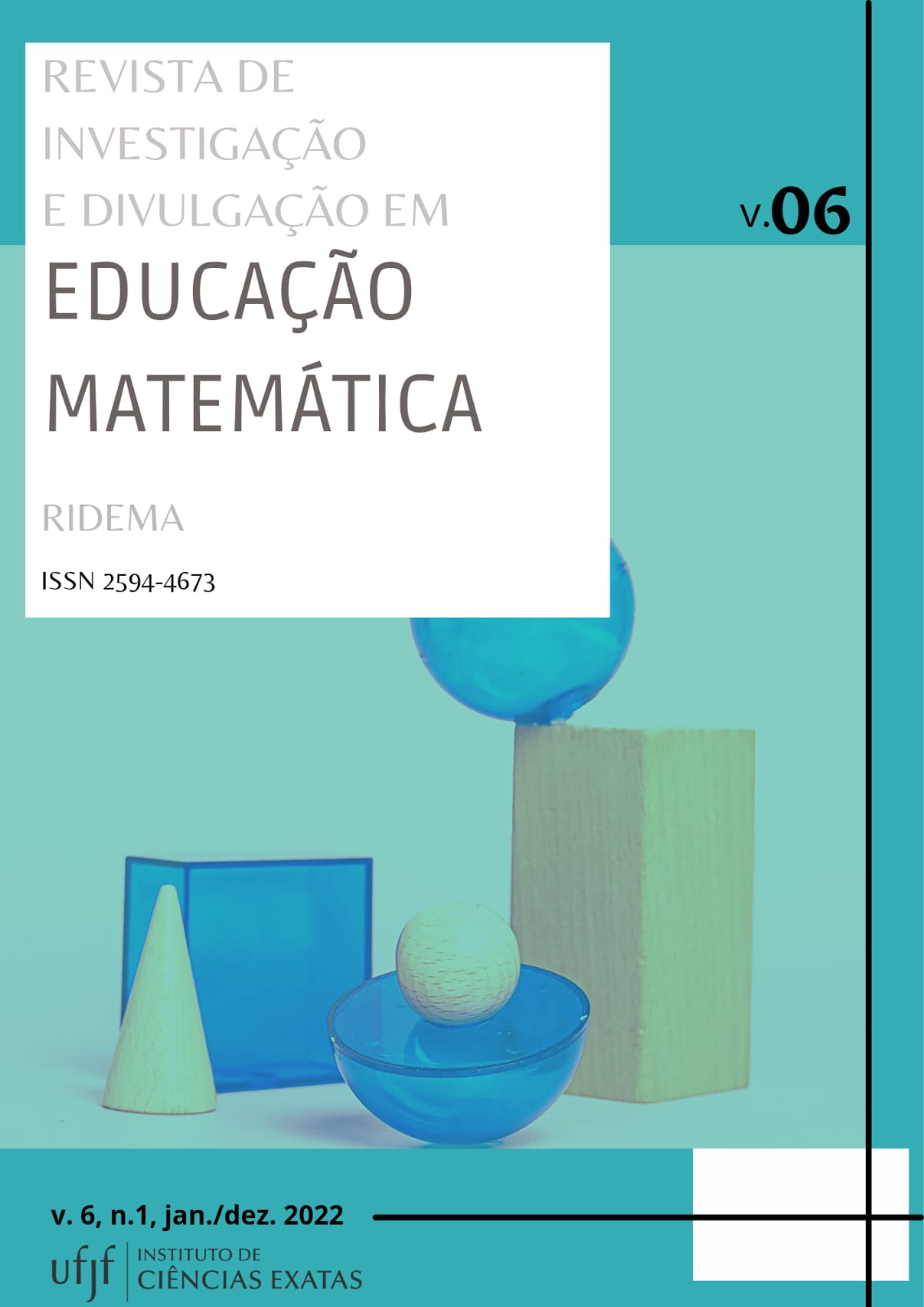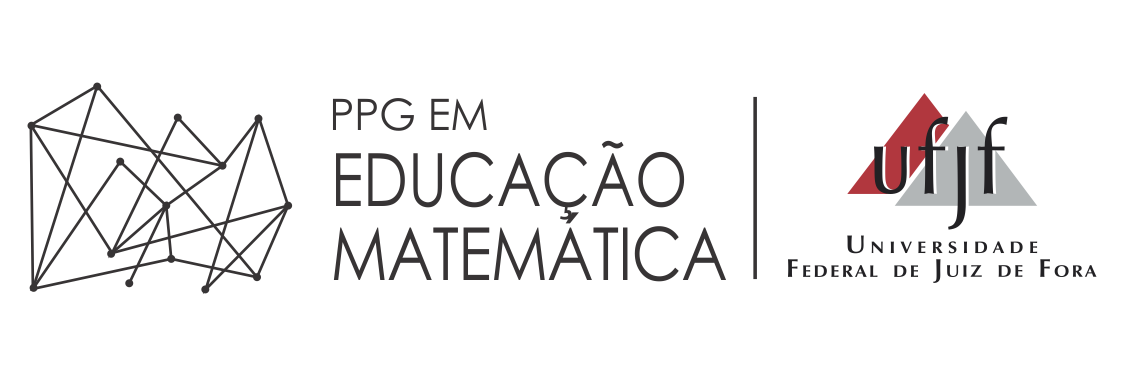Participação Discente e Situações Matemáticas na Perspectiva dos Cenários para Investigação: um estudo no sexto ano do Ensino Fundamental
DOI:
https://doi.org/10.34019/2594-4673.2022.v6.36273Keywords:
Cenários para Investigação, Participação, Diálogo, Educação MatemáticaAbstract
This article discusses pedagogical interventions from the perspective of landscapes of investigation in Mathematics classes in Basic Education. The question is: How do Mathematics teaching situations involving landscapes of investigation enhance student participation? Its objective is: to analyze the potential of Mathematics teaching situations involving landscapes of investigation with a 6th grade class of elementary school in a school in the municipal education network in Jaguarão/RS, for the participation of students. For this purpose, five meetings with a 6th grade classroom were developed, with 21 students, aged between 11 and 16 years. The recording of actions was carried out through a field diary, photos and transcription of footage. The analysis was based on the reading of the transcription of the meetings with the students. As research theorization, we used the principles of landscapes of investigation and the concepts of participation and dialogue, supported by Arlø, Skovsmose and Freire. The analyzes point out the landscapes of investigation as a theoretical-methodological way to propose in Mathematics classes, leading students to experience, to get involved in activities and to solve problems, from the perspective of investigative collaboration, participation and dialogue. In this sense, participation, through the prism of dialogue, allows us to point out that cooperation presents itself as a possibility of interaction between teacher and student and between students, as a mode of communication.
Downloads
Metrics
References
ALRØ, H.; SKOVSMOSE, O. Diálogo e Aprendizagem em Educação Matemática. Belo Horizonte: Autêntica Editora, 2010.
BRASIL. Ministério da Educação. Base Nacional Comum Curricular – BNCC. Brasília, DF, 2017.
DAMIANI, M. Floriana. Sobre pesquisas do tipo intervenção. In: XVI Encontro Nacional de Didática e Práticas de Ensino (ENDIPE), 16, 2012. Anais do XVI Encontro Nacional de Didática e Práticas de Ensino. Campinas, 2012. Livro 3.
DIAS, C. C.; SAMPAIO, J. C. V. Desafio geométrico: módulo I. Cuibá, MT: Central de Texto, 2013.
FALKEMBACH, E. M. F. Diário de campo: um instrumento de reflexão. Contexto e educação. Ijuí, RS. Vol. 2, n. 7 (jul./set.), 1987, p. 19-24.
FREIRE, P. Pedagogia do oprimido. 17. ed. Rio de Janeiro: Paz e Terra, 1987.
FREIRE, Paulo. Conscientização: teoria e prática da libertação – uma introdução ao
pensamento de Paulo Freire. São Paulo: Moraes, 1980.
GOMES, R. A análise dos dados em pesquisa qualitativa. In: MINAYO, M. C. S. (org.). Pesquisa social. Rio de Janeiro: Vozes, 2004.
LAVE, J.; WENGER, E. Situated learning: legitimate peripheral participation. Cambridge/Nova York: Cambridge University Press, 1991.
LORENZATO, S. Por que não ensinar Geometria?, Educação em Revista, ano 3, n. 4, p.13, 1995.
SADOVSKY, P. O ensino de matemática hoje: Enfoques, sentidos e desafios. São Paulo: Ática, 2010.
SKOVSMOSE, O. Cenários para Investigação. Bolema. Ano 13, n. 14, 2000, p. 66-91.
______. Educação Matemática crítica: A questão da democracia. Campinas: Papirus, 2001. – (Coleção Perspectivas em Educação Matemática)
______. Educação crítica: Incerteza, matemática e responsabilidade. Tradução de Maria Aparecida Viggiani Bicudo. São Paulo: Cortez, 2007.
______. Interpretações de Significado em Educação Matemática. Bolema, Rio Claro (SP), v. 32, n. 62, p. 764-780, dez. 2018.



























